Insights

03/11/2022
The title pins me to being “of a certain generation” and also “of a certain sense of humour”. For those who haven’t a clue what I’m referring to, search “What have the Romans ever done from us” on YouTube. You’ll then see that the answer is an awful lot!
I think sustainability has the potential to be our “Romans” if we want it to be, but at the moment it feels like it’s all too distant. Why have we suddenly started fretting about turning radiators down and appliances off? Because it is impacting us NOW in our pockets... visibly. But we should have been doing that for years already to minimise our energy impact. We didn’t because it wasn’t in our faces. But it will be in the faces of our children in their lifetime, and increasingly likely to be catastrophically so as recent reports highlight.
I’ve been struggling to get my mind around how I and we (Advance) focus on this word “sustainability” without jumping on the bandwagon of the latest shiny toy used to sell business (particularly consultancy!) and avoid falling into the virtue signalling or greenwashing trap.

As a human being I believe passionately in all the “right” things (perhaps some would call me middle-aged woke – I embrace that! But how does that translate to a business, my business, without being trite.
I’ve seen friends of ours go down the B-Corp route (shout out here to Perry Timms at PTHR) and that focus on the business and how it works does form a key part of the approach, but I think it’s more fundamental than that too. I think it’s about recognising how (or how not!) everything we do contributes to broad sustainability goals … and there’s the hint, the framework for that exists, the United Nations Sustainable Development Goals (UN SDGs). 17 global goals that cover the whole spectrum of what we now call ESG. So, let’s use them.
I think sustainability has the potential to be our “Romans” if we want it to be
Some will say the UN SDGs are flawed but let’s argue less about perfection and focus on what they do give us – a broad and clear framework of all aspects of both planetary and human sustainability and a way to focus on more than just carbon and climate. We created the emerging monster sub-industry of ESG, but the SDGs show us there’s no difference between equality of gender, poverty, climate etc. It’s all about the sustainability of the human race as part of our planet.
I believe we need to clearly articulate every outcome we deliver against one or more of the UN SDGs – they apply globally and equally in developed societies as much as they do in the less developed world. And, let’s face it, with recent polarisation in global democratic societies and economies, let those in the developed world glasshouse cast the first stone when – for example - food bank usage is rising dramatically.

We’re starting to develop Sustainability Impact Assessments in all our work, referenced to the 17 UN SDGs. It’s surprising to see how easily any major project can map its impact (whether positive or negative!) across many of the SDGs. This then provides a vehicle to focus our attention on positive contribution and value-add.
Let’s lift the conversation at the broadest level of sustainability and see if we can do more to not leave a catastrophic legacy for the next generations. As a well-known grocer is apt to say, Every Little Helps!
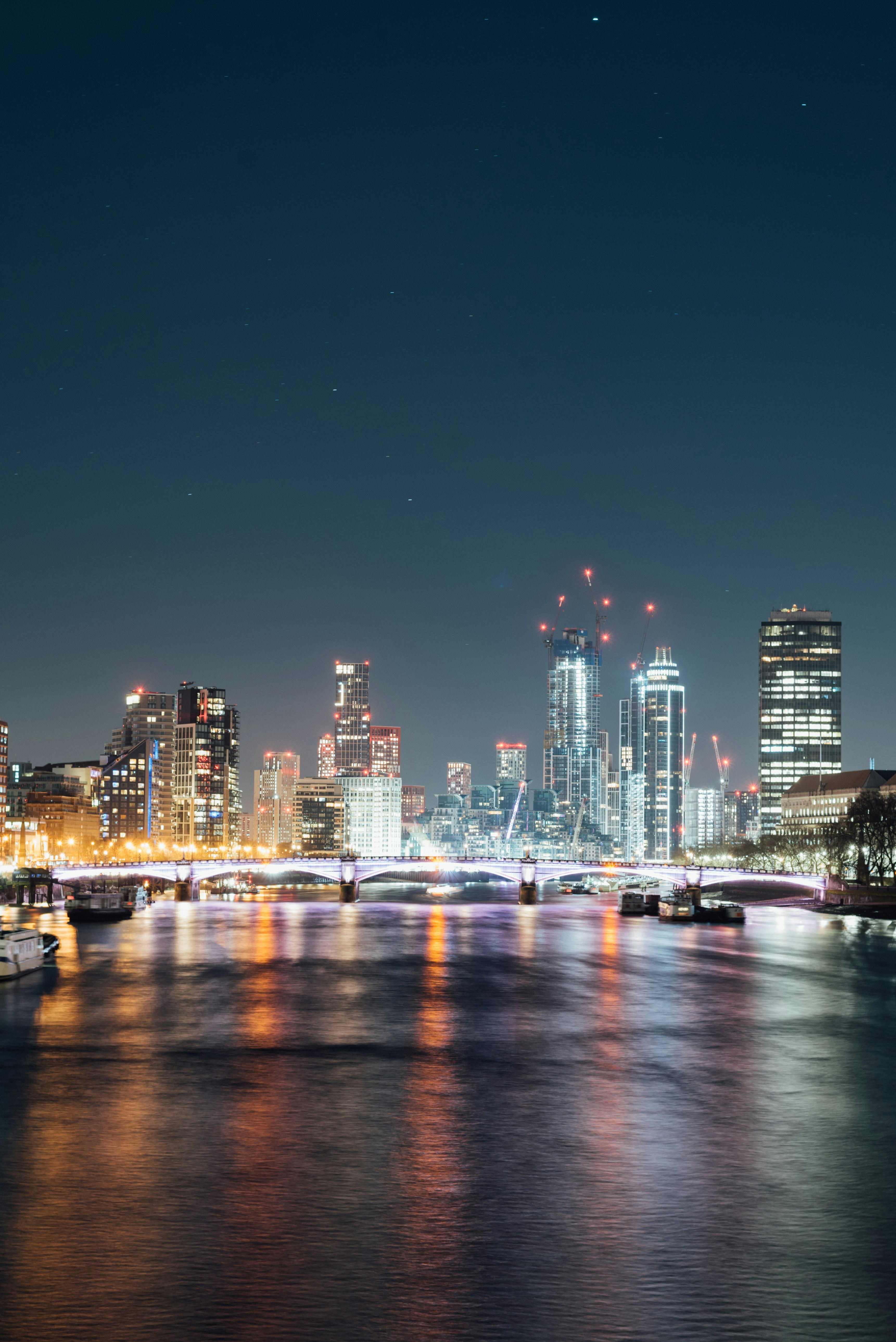
Insights
The skills revolution is here. Are we ready for what comes next?
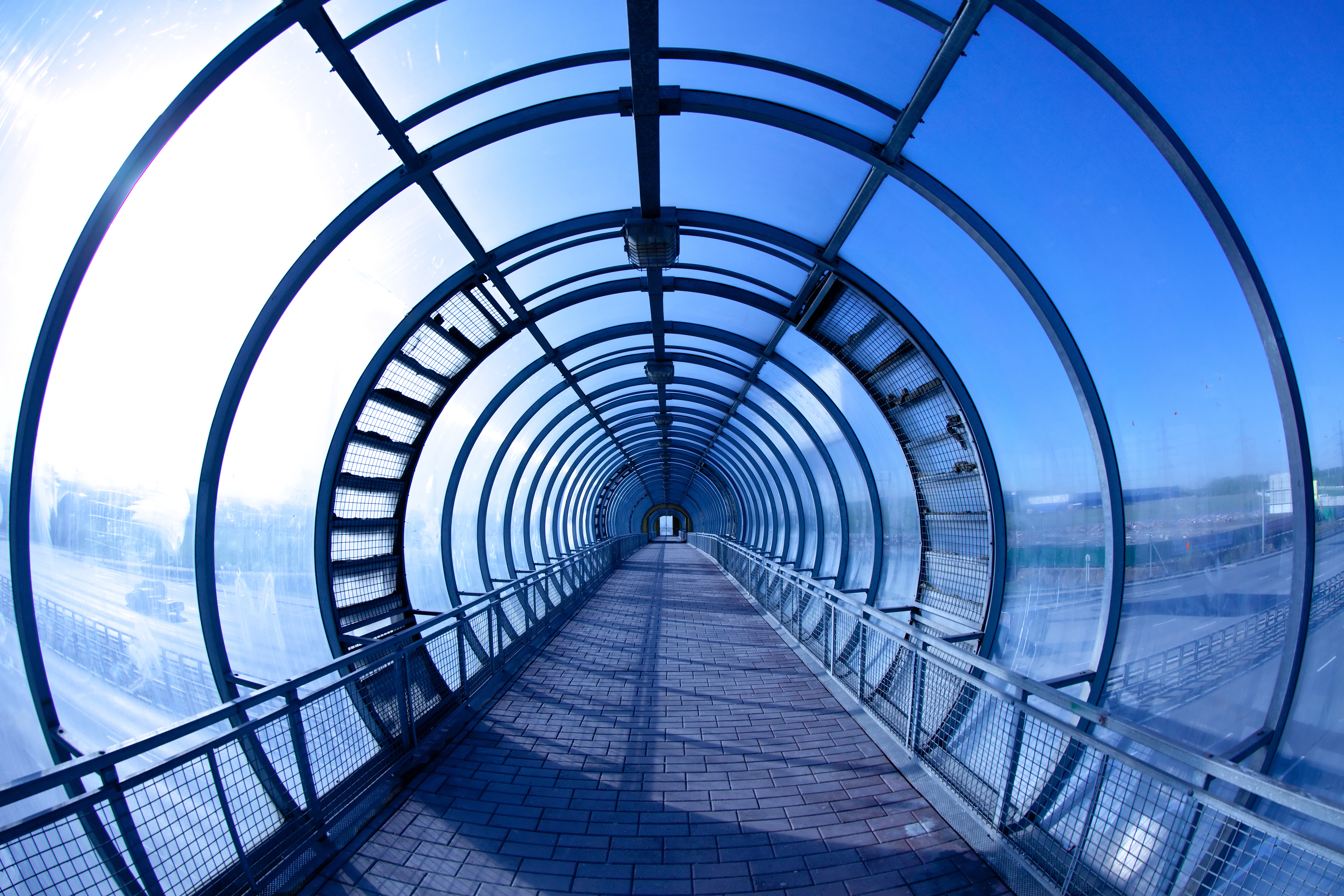
Insights
Beyond “That’s Really Good”
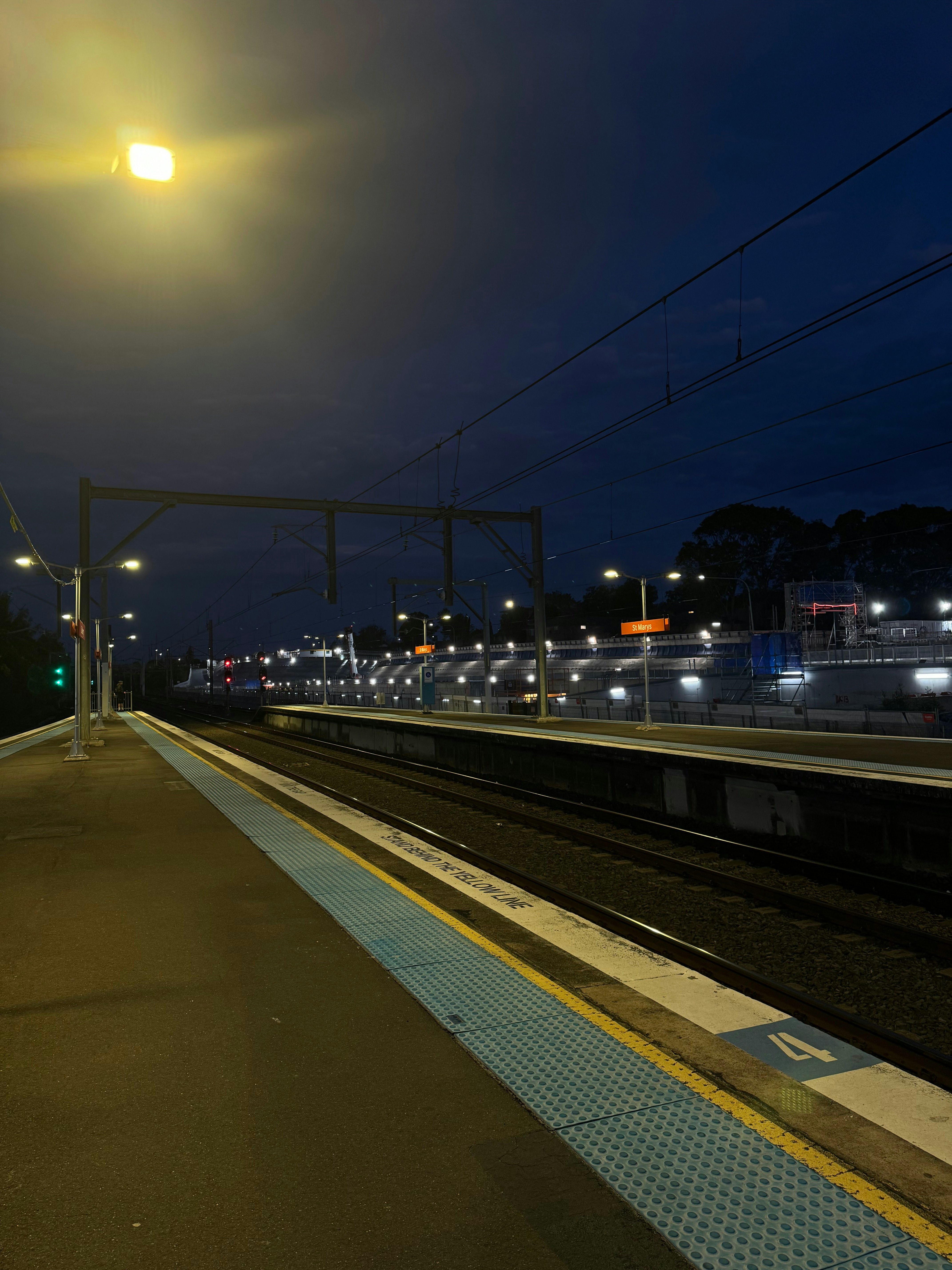
Insights
What the UK’s Infrastructure challenges reveal about strategic leadership
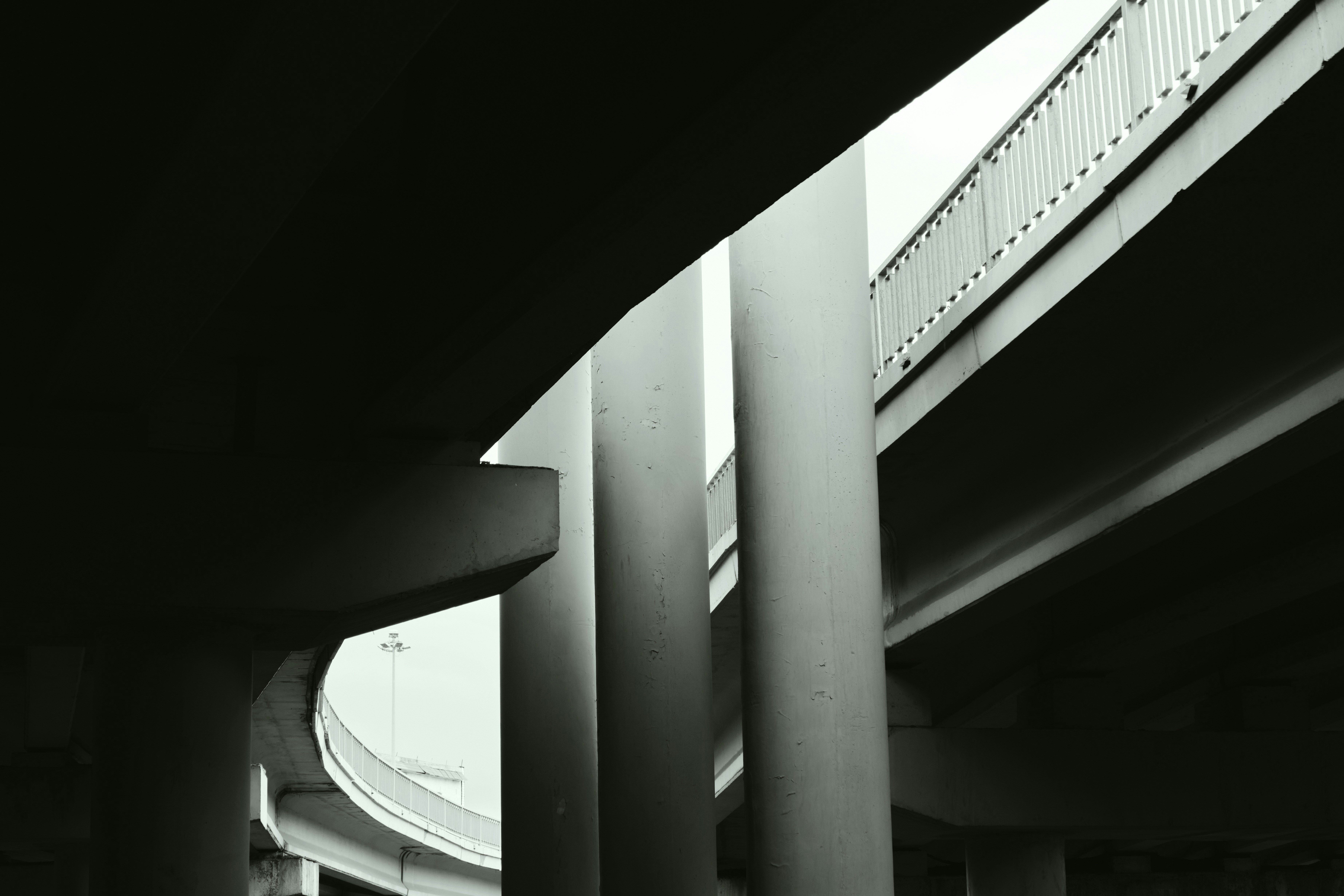
Insights
A new way to map your leadership team.

Insights
Building ‘What If?’ Cultures
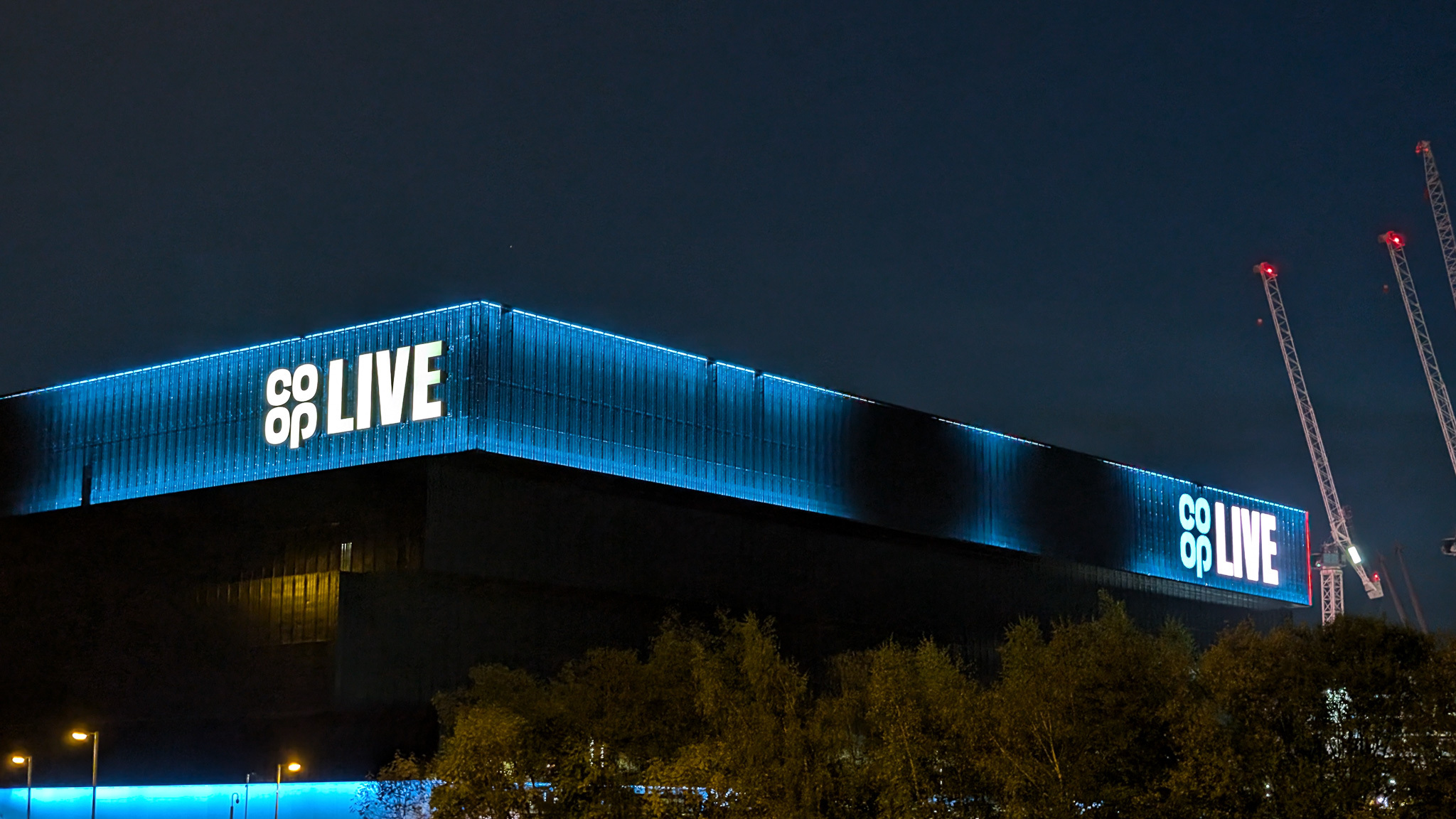
Insights
The problem with 'nice' teams...

Insights
You don’t become a leader when you get a job title.

Insights
Kindness > Capability (And here’s the data to prove it)
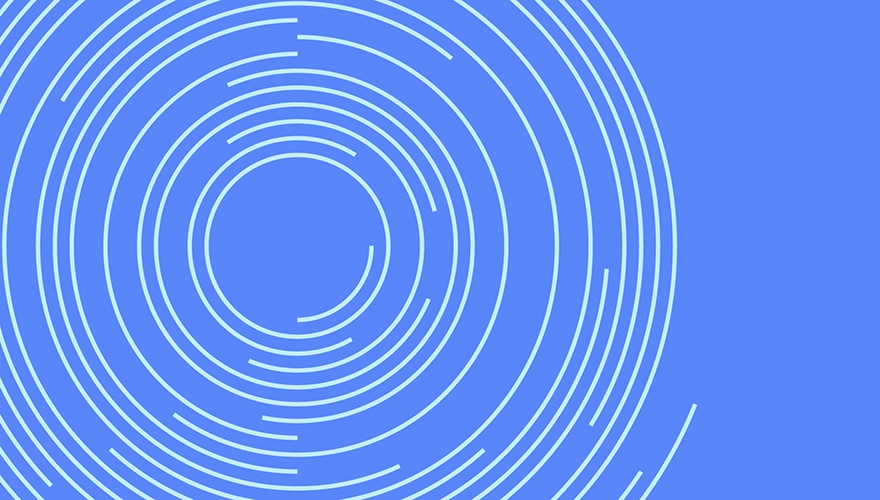
Insights
What no one’s telling high performers about burnout…

Insights
The question you should be asking…

Insights
Energy for Impact

Insights
Advance Consultancy Partners with Community Rail Network to Drive Sustainable Development

Insights
Are you Keane on Teamwork?

Insights
Real People, Real Impact: The Essence of Social Value

Insights
Advance's B Corp Journey to Certification

Insights
MVP or... MVP…

Insights
One Blog a Year (OK, maybe two..) like this will see me right

Insights
My First "6 Weeks" in Advance

Insights
One Blog a Year like this will see me right

Insights
Biting the Bullet

Insights
The Problem with Mergers …

Insights
The Start of Advance's Sustainability Journey

Insights
Skills for the Next Quarter Century
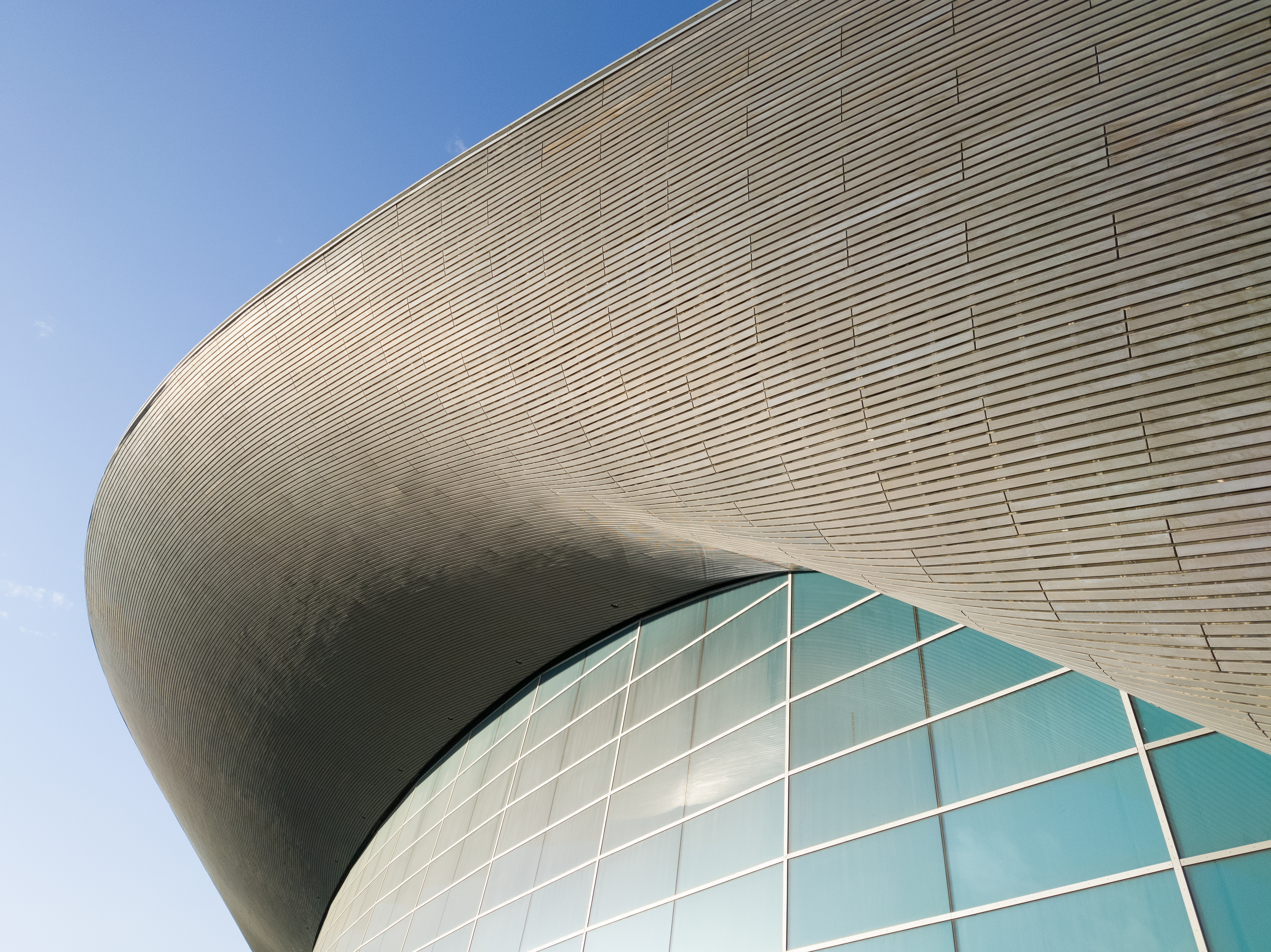
Insights
The Advance Reading List – Part 1

Insights
What has Colin the Caterpillar got to do with leadership development? (Learn2Develop - Part 2)

Insights
When Greta met Russell … becoming a reluctant leader

Insights
Trust & Productivity – the Private Sector Construction Playbook

Insights
We’re really not that clever…

Insights
Learn 2 Develop – Part 1 by Al Simmonite
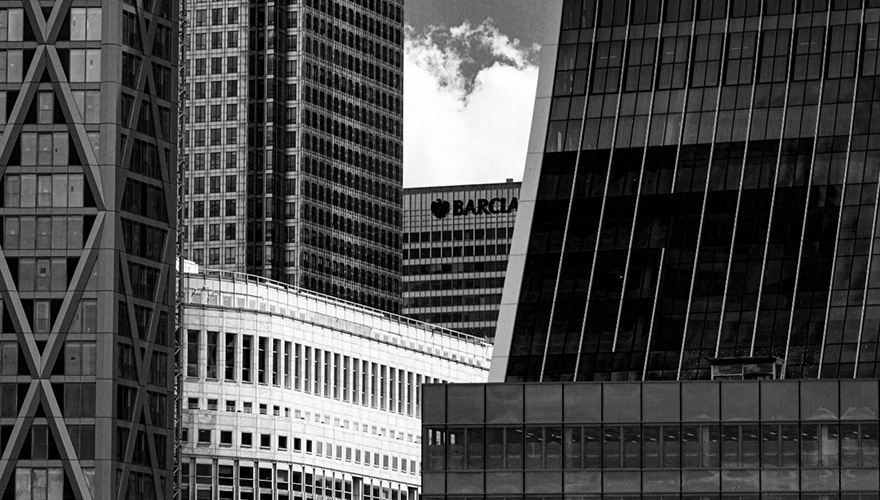
Insights
What’s in a name? Moving from Respect-Challenge-Deliver to Challenge-Support-Evolve
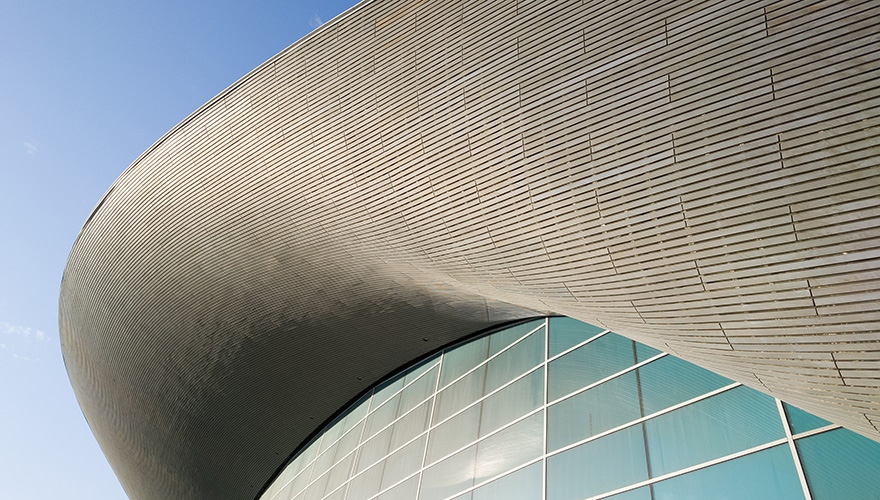
Insights
A tough Week, or was it?

Insights
Paradoxes & The Advance Consultancy

Insights
The importance of heritage
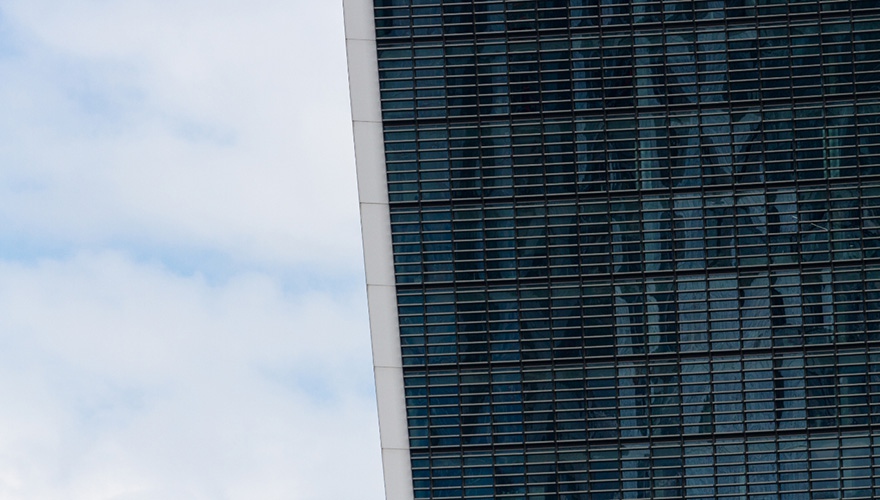
Insights
DOs and DON’Ts of Returning to Work post Lockdown - A Leadership Perspective

Insights
Been there, done it… lost the T-shirt?

Insights